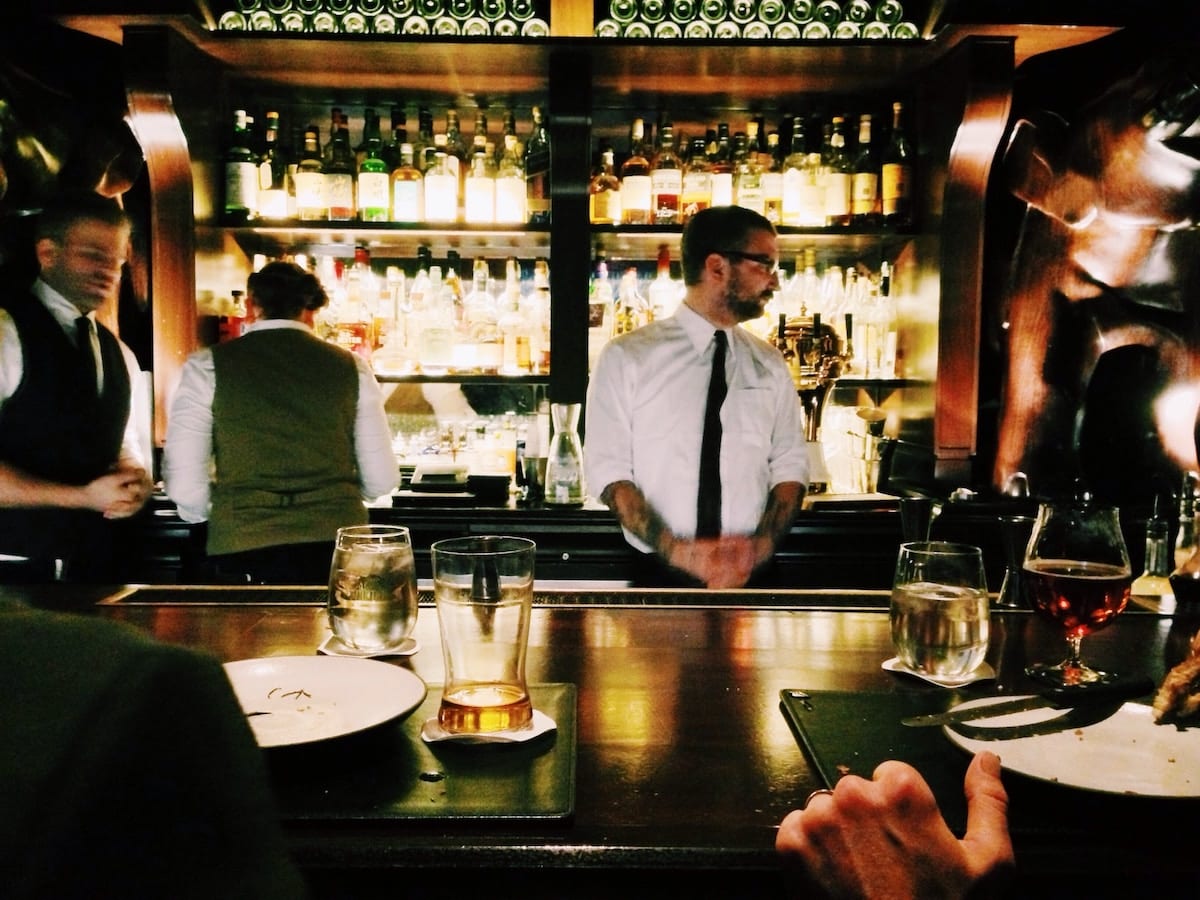Table of Contents
Welcome to the world of hospitality, where gastronomy meets the art of service. Within the food and beverage industry, responsible service of alcohol (RSA) training stands as a cornerstone, ensuring the well-being of people and the success of establishments alike. In this blog, we will explore the significance of RSA training and how it can be tailored to different roles by providing practical examples to make the training more relatable and applicable.
The Significance of RSA Training
In any industry, prioritising the responsible service of alcohol is of utmost importance. RSA training is a linchpin for the food and beverage industry in maintaining safety, promoting a positive atmosphere, and upholding legal compliance. RSA training fosters a culture of responsibility and professionalism by equipping staff with the necessary knowledge and skills.
The importance of learning how to serve alcohol from an accredited RSA Training provider cannot be emphasised enough. So make sure you choose a nationally recognised and widely accepted RSA Course.
Tailoring RSA Training to Specific Roles
Bartenders: The Architects of Mixology Behind the bar counter, bartenders are the masters of the spirit craft. RSA training for bartenders delves into mixology techniques, responsible serving practices, and the art of assessing people’s intoxication levels. By tailoring the training specifically for bartenders, establishments empower their cocktail artists to create memorable experiences while ensuring the responsible consumption of alcohol.
Waitstaff: For waitstaff training focuses on maintaining a safe and enjoyable dining environment. RSA training for waitstaff includes techniques to identify signs of intoxication, strategies for handling difficult situations, and effective communication skills. By integrating RSA training into their roles, waitstaff becomes responsible ambassadors of service, providing exceptional experiences while ensuring customers’ well-being.
Event Organizers: Orchestrating Responsible Celebrations From weddings to corporate galas, event organisers play a crucial role in curating memorable experiences. RSA training tailored for event organisers delves into planning responsible alcohol provision, ensuring compliance with local laws, and managing security measures. By incorporating RSA training into their skill set, event organisers become adept at orchestrating responsible celebrations and prioritising safety and enjoyment equally.
The Power of Practical Examples
Learning through practical examples is vital to make RSA training more relatable and applicable. By sharing real-life scenarios, trainers try to engage learners and provide context-specific insights. For example, showcasing how a bartender diplomatically handles an overly intoxicated customer or how waitstaff manages a dispute between patrons can help participants understand the nuances and challenges of responsible alcohol service. Such examples cultivate empathy, decision-making skills, and a deeper understanding of the significance of RSA training.
In the dynamic realm of food and beverage, RSA training is the compass that guides establishments and professionals toward responsible service and a thriving industry. The training becomes more engaging, relatable, and applicable by tailoring RSA training to specific roles like bartenders, waitstaff, and event organisers and incorporating practical examples and case studies. Remember, RSA training isn’t just about compliance—it’s about nurturing a culture of responsibility, fostering exceptional service, and ensuring the safety and well-being of all who partake in the entertaining world of food and drink. Cheers to responsible service of alcohol!
So, what exactly will you learn?
We cannot cover the whole vast spectrum of RSA, but a few things to get you in the thinking mode are,
- How would you identify signs of intoxication?
- What strategies can be employed to prevent an intoxicated customer from further consuming alcohol?
- How would you approach and communicate with an intoxicated patron?
- What steps would you take if the situation escalates or the customer becomes aggressive?
- How would you approach the situation to de-escalate tension?
- What communication techniques can be used to calm the customers down?
- How would you ensure the safety of other customers during the conflict resolution process?
- What steps would you take to prevent a similar conflict from recurring in the future?
The positive impact of well-trained staff on customer satisfaction and brand reputation
Well-trained staff have a substantial positive impact on customer satisfaction and brand reputation. Their ability to provide excellent customer service, product knowledge, efficient problem resolution, consistency, and positive brand image all contribute to enhanced customer experiences, increased loyalty, and a strong reputation within the market.


